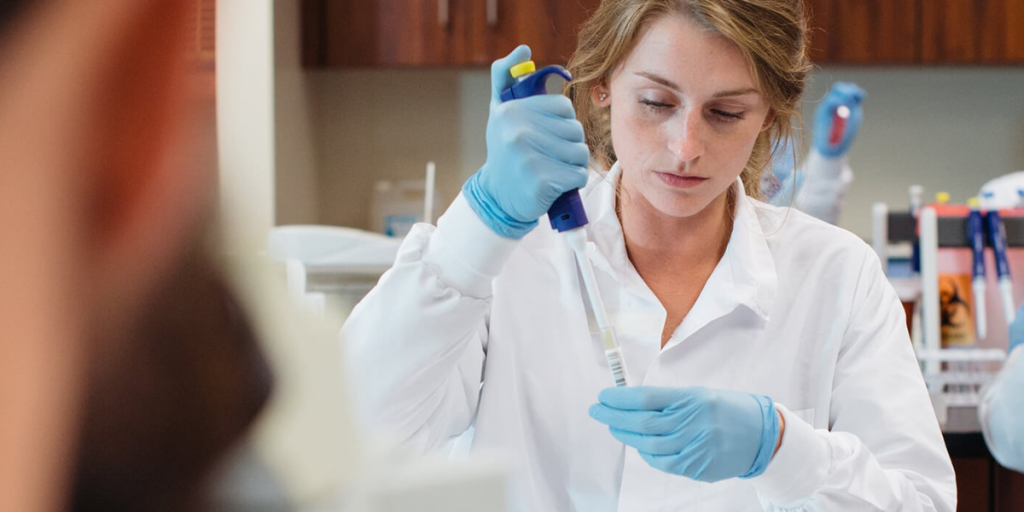In a landmark ruling last week, the Alabama Supreme Court declared that under state law, frozen embryos can be considered children, making individuals responsible for their destruction legally accountable.
The decision emerged from wrongful death lawsuits filed by three couples whose embryos were lost in an accident at a Mobile fertility clinic. The justices referenced a 1872 state law that allows Alabama parents to sue for the death of a minor and “all unborn children, regardless of their location.”
Justice Jay Mitchell wrote in the majority opinion, “Unborn children are ‘children’ without exception based on developmental stage, physical location, or any other ancillary characteristics.” He noted that the court had previously determined a fetus that dies due to external causes during pregnancy falls under Alabama’s Wrongful Death of a Minor Act, which does not exclude “extrauterine children” from its coverage.
Chief Justice Tom Parker, in a concurring opinion, expressed that his faith fundamentally influenced his stance. “Even before birth, all human beings bear the image of God, and their lives cannot be destroyed without effacing His glory,” Parker wrote.
IVF is a medical procedure whereby an egg is fertilized by sperm outside the body, in a laboratory environment. The resulting embryo can then be implanted in a woman’s uterus, offering a chance for pregnancy to couples who may otherwise be unable to conceive.
The Medical Association of the State of Alabama warned that the decision could lead to a decrease in the birth rate in Alabama, particularly because it may restrict the availability of IVF services. “The significance of this decision affects all Alabamians and will likely lead to fewer babies — children, grandchildren, nieces, nephews, and cousins — as fertility options become limited for those wishing to start a family,” the association stated.
Following the decision, the University of Alabama at Birmingham (UAB) health system, the largest in the state, has suspended IVF services, citing concerns over potential prosecution and lawsuits. Other providers are expected to follow.
“We are saddened that this decision affects our patients’ chances of having a baby through IVF. However, we must consider the possibility that our patients and physicians could face criminal prosecution or punitive damages for adhering to the standard of care for IVF treatments,” said a statement from the university.
The statement clarified that while IVF treatment is paused, processes up to egg retrieval will continue, but egg fertilization and embryo development are on hold.
Austen Shipley is a staff writer for Yellowhammer News.













